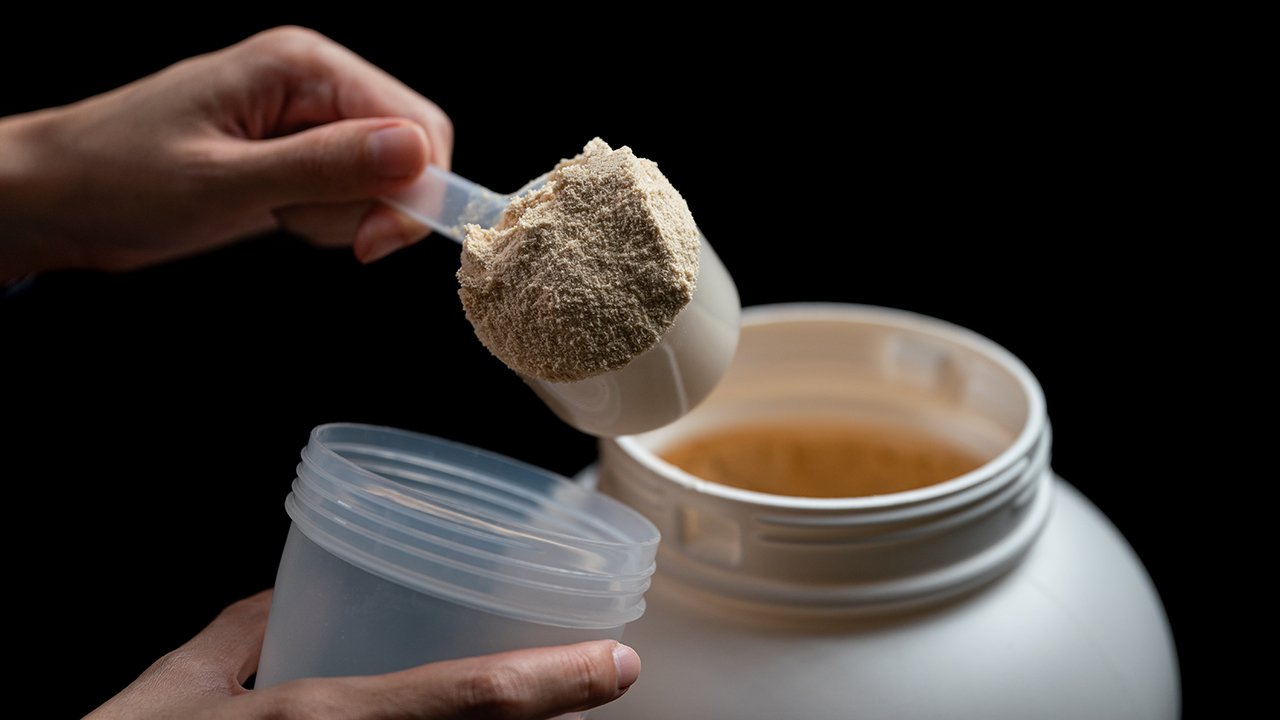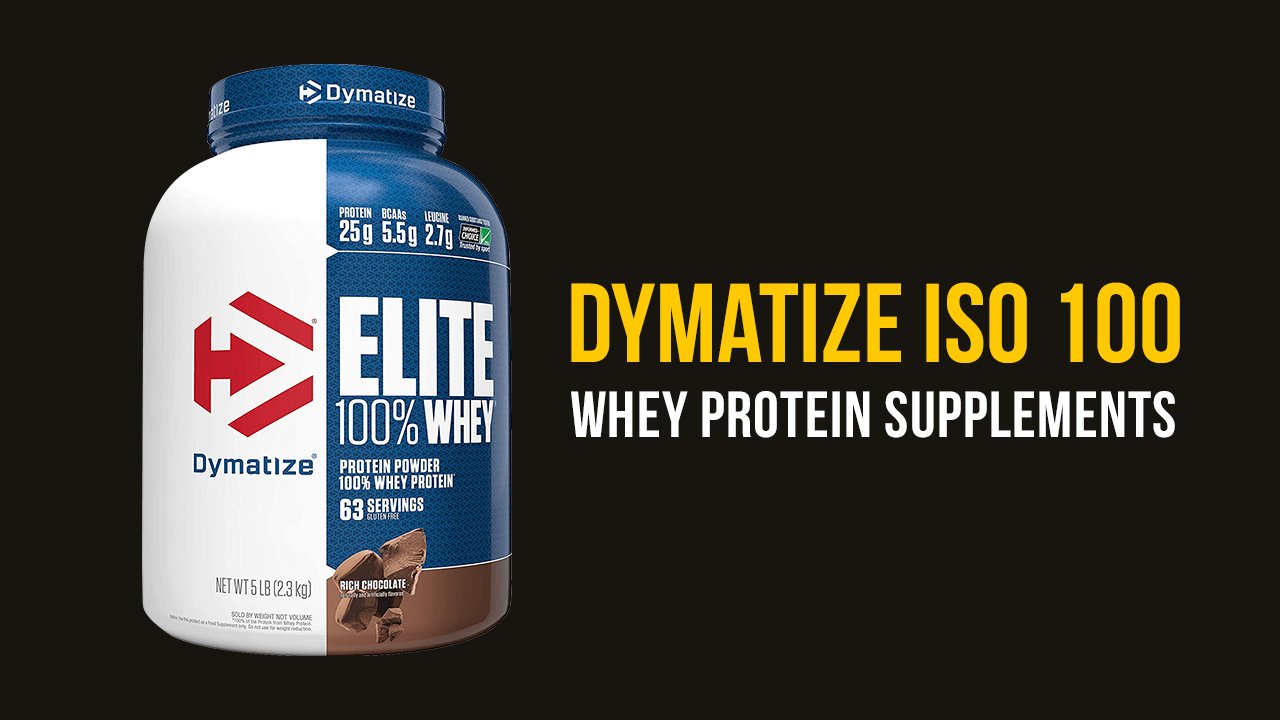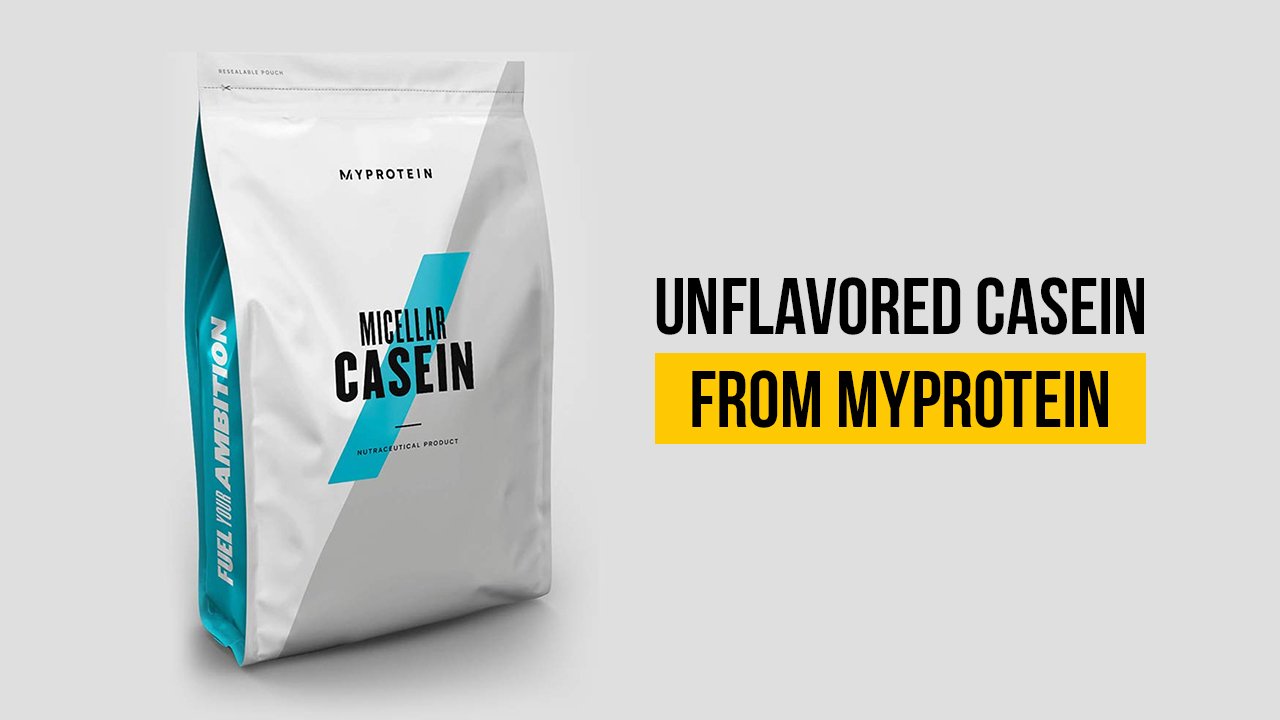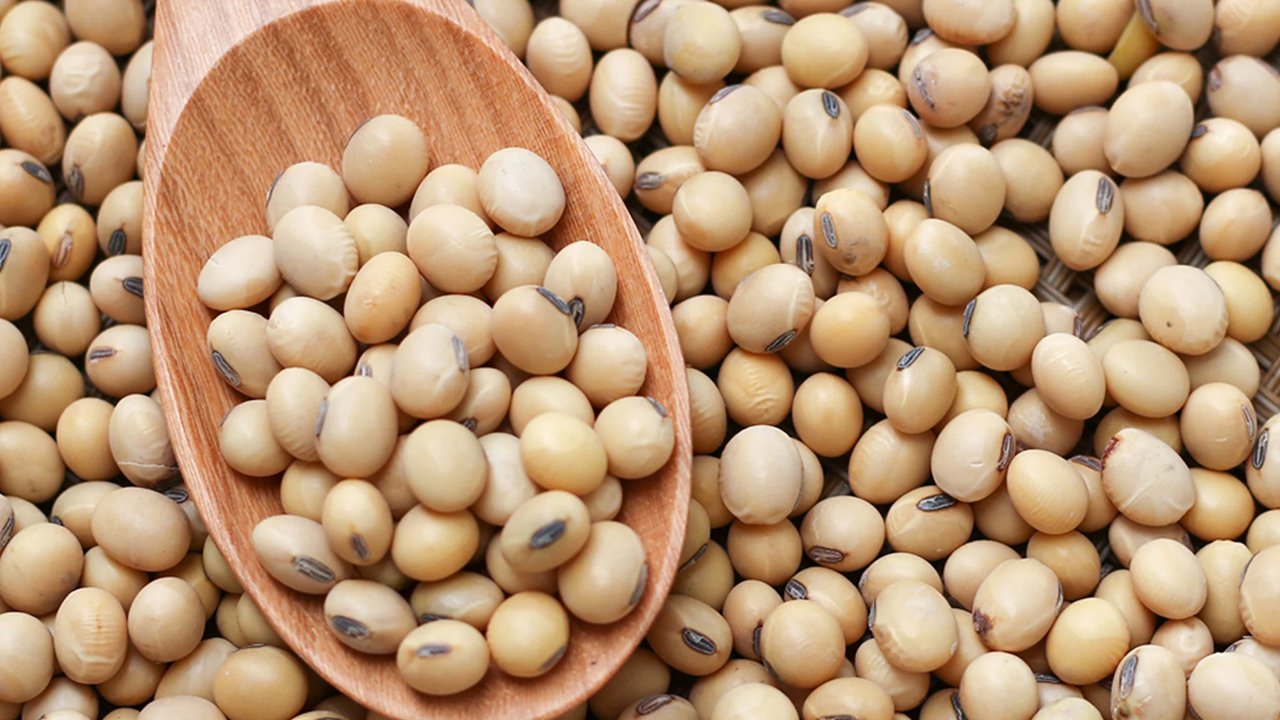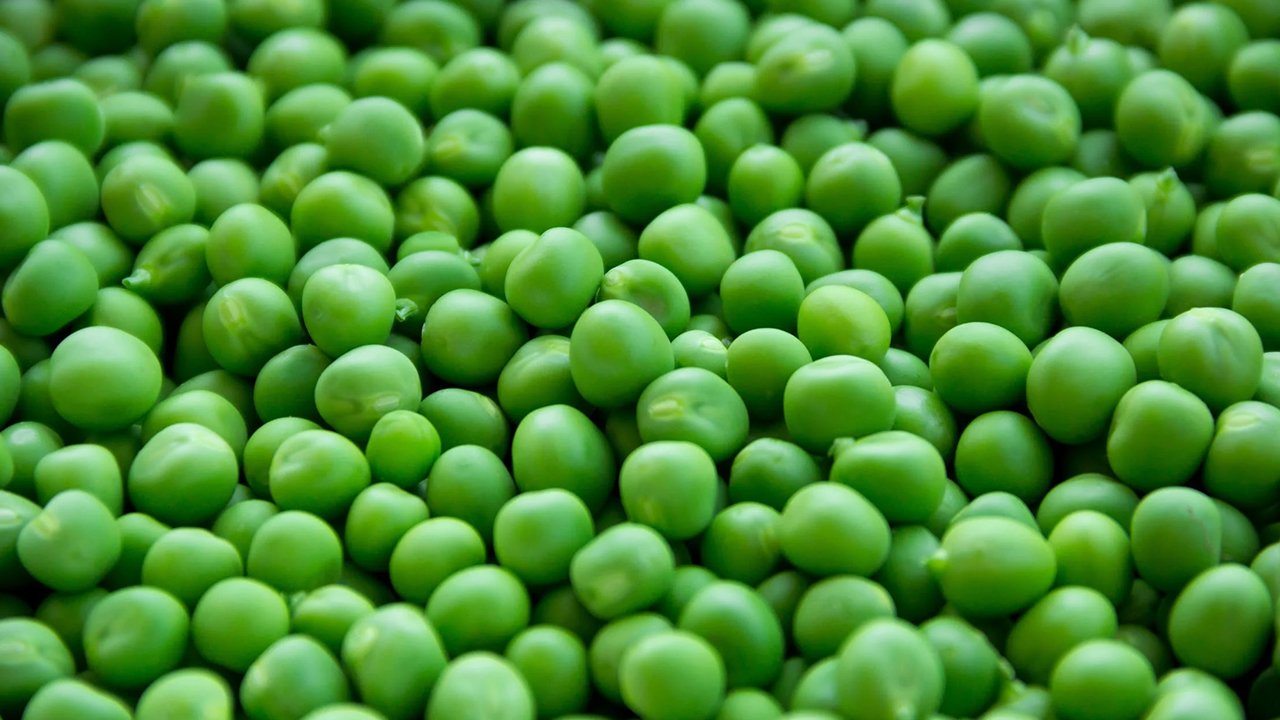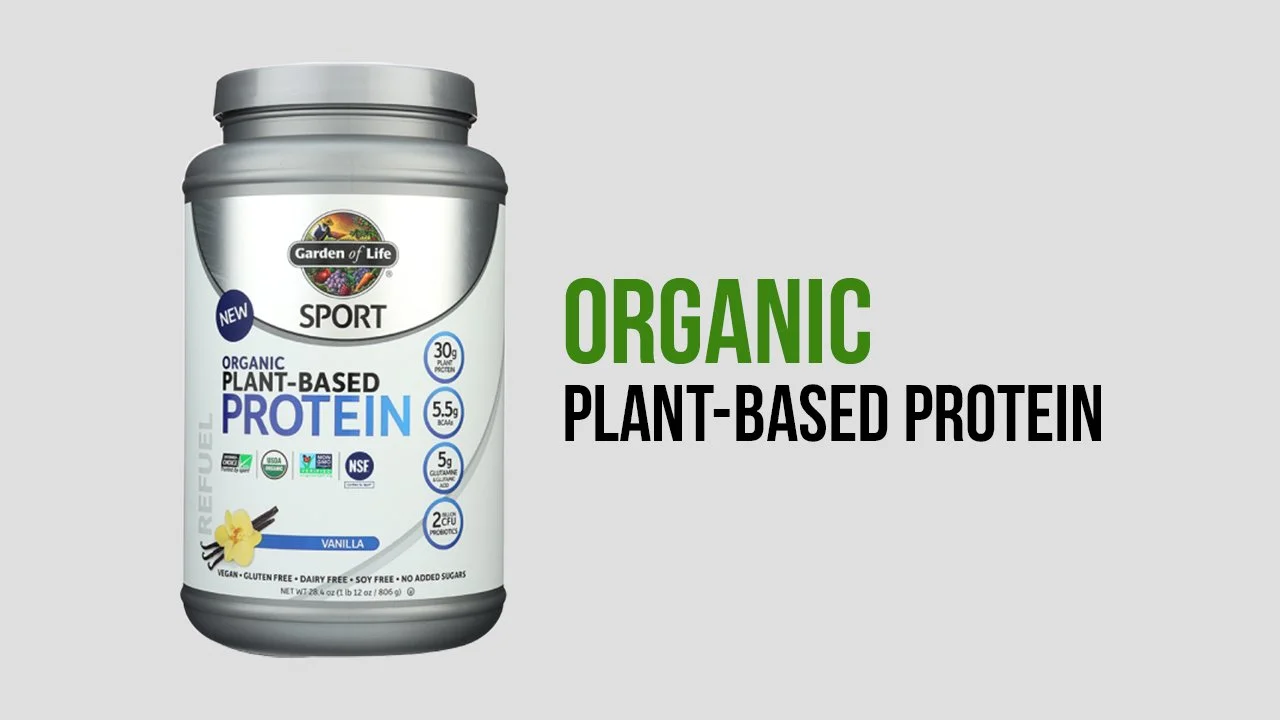Protein Powders, Do You Need Them? Exploring the Different Types, Benefits, and Side Effects Of Protein Supplements
Protein powders are a great way to ensure you're getting enough protein in your diet. There are many different types of protein powders on the market. This blog post will explain the benefits and potential side effects. I will also provide you with some tips to choose the best protein shake for yourself. I will end the blog by answering some common questions about whey protein supplements, vegan protein options, and anything else that might confuse people looking into supplementing protein.
Blog Outline
What is the function of protein within our body?
What is a protein powder?
What are the different types of proteins on the market today?
What are the health benefits of consuming sufficient amounts of protein?
Shall we replace real food with protein supplements?
Are there any risks and potential side effects of consuming protein supplements?
Common questions & answers about protein supplementation?
Conclusion
1
What is the function of protein within our body?
First of all, we need to know that our body has millions of different types of proteins, each one with a distinctly different function. The proteins represent structures in the body like skin, hair, and nails. They are also responsible for digestion, metabolism, protein production, and muscle growth. We need a constant supply of protein for these functions to continue, and protein powders can help us meet that demand.
Protein is an essential macronutrient that our bodies need to function correctly. We obtain protein through food sources such as meats, dairy products, or protein powders when we can't get enough from protein-rich foods alone.
2
What is a protein powder?
The protein powder is a supplement made from whey protein, soy protein, pea protein, or hemp protein. Scientifically explained, protein represents a nitrogen-containing molecule composed of amino acids. Protein powder is created by isolating protein from a protein source and processing it into powder form. The Protein powder can be mixed with water or milk to make a protein shake. This is an easy way to ensure you're getting all of your daily protein needs met without having to eat large amounts of food.
3
What are the different types of proteins on the market today?
Whey Protein
Whey protein is a complete protein derived from milk. It is high in branched-chain amino acids (BCAAs), essential for muscle growth and recovery. Whey protein is also easy to digest and has a high bioavailability, which means your body can absorb and use the protein more efficiently. It is the most popular protein powder on the market today because it delivers all of the benefits mentioned above.
What does it mean when we say complete protein?
A complete protein means that it consists of all the 9 essential amino acidss, which are:
histidine
isoleucine
leucine
lysine
methionine
phenylalanine
threonine
tryptophan
valine
Three primary types of whey protein exist on the market today:
whey protein concentrate (WPC)
whey protein isolate (WPI)
whey protein hydrolysate (WPH)
Whey protein isolate or whey protein concentrate, which one is better?
Shortly there is no better version as they all deliver the same benefits. Whey protein isolate (WPI) is very processed to remove all fat and lactose. Whey protein concentrate (WPC) is less processed but is also very low in fats and carbohydrates. Then you also have whey protein hydrolysate (WPH) which can be called a "predigested" form of whey protein as it is the most processed. Hydrolysate means that the protein has been broken down into its component amino acids. When making a choice which one to get simply choose based on whether you are lactose intolerant or not.
What are amino acids?
An amino acid is the building block of protein. When protein is digested, the amino acids are broken down into individual units and absorbed by the body. Amino acid is then used to build new protein structures or provide energy for the body.
All three types of whey protein are highly efficient at helping your body achieve muscle protein synthesis. They also have a fast absorption rate of about 30 minutes, so you should choose your type based on whether you are intolerant to lactose or not.
What is muscle protein synthesis?
Muscle protein synthesis is a process of repairing and rebuilding muscle protein that is broken down during exercise. This is essential for athletes and bodybuilders looking to increase muscle size and strength. It is also of great importance to anyone who wants to maintain muscle mass or reduce muscle loss which happens with age and is called sarcopenia.
My favorite whey protein supplement on the market is the vanilla-flavored whey isolate from Dymatize called Iso 100
Per serving: 30 grams
Calories per serving: 110 calories
Protein per serving: 25 grams
Sugars per serving: less than 1 gram
There are hundreds and probably thousands of protein supplements on the market today, so I do not recommend Dymatize as being the best one; rather, I recommend it as something myself and my clients have tried and enjoyed over the past couple of years.
Casein Protein
Casein also belongs to the family of milk proteins and is also a complete protein. It is incredibly high in protein content (90% protein) with little fat or carbs. Casein protein takes longer to digest than whey protein, which means you will feel full for longer after taking it as a supplement. This makes casein ideal before bedtime because your body can slowly digest it and provide your muscles with a steady stream of protein throughout the night. A study published in Nutrients showed that pre-bed casein (serving size 30 grams) did not blunt fat lipolysis or in other words did not make the participants gain fat.
My favorite casein is Unflavored Casein from MyProtein.
Per serving: 30 grams
Calories per serving: 105 calories
Protein per serving: 25 grams
Sugars per serving: 1.4 grams
Soy Protein
Soy protein is derived from soybeans and contains all the essential amino acids our bodies need. Soy protein is also high in fiber, magnesium, potassium, and phytochemicals, beneficial for our health. Soy protein has been shown to help lower cholesterol levels and reduce the risk of heart disease when taken regularly as part of an overall healthy diet.
Pea Protein
Pea protein is derived from peas and is a complete protein with high bioavailability, which means your body can absorb and use the protein more efficiently. It is also low in carbohydrates, fat, and calories, making it a good choice for people trying to lose weight or manage their blood sugar levels. One downside of pea protein might be that it is low in one of the essential amino acids called methionine. You can balance that out if you consume other foods high in this essential amino acid-like fish, poultry, eggs, pork, beef, and even brown rice.
Hemp Protein
Hemp protein has been shown to help lower cholesterol levels and reduce the risk of heart disease when taken regularly as part of an overall healthy diet. Hemp protein is derived from hemp seeds and is a complete protein. That is also high in fiber, magnesium, potassium, and omega fatty acids, which are beneficial for our health. One downside of using hemp protein might be relatively low levels of lysine, which is also one of the nine essential amino acids. That is why I always recommend protein blends to my clients that are vegans or might be intolerant to milk protein.
Protein Blends
Protein blends mix different types of protein powders like whey protein, casein protein, soy protein, pea protein, or hemp protein. A great vegan combination is a mixture of pea and hemp protein.
A great vegan mixed protein blend is the Garden of Life Sport Organic Plant-Based Protein Powder.
Per serving: 42 grams
Calories per serving: 160 calories
Protein per serving: 30 grams
Sugars per serving: less than 1 gram
Now that we have explored the different types of protein powders on the market let's look at their benefits.
4
What are the health benefits of consuming sufficient amounts of protein?
As protein is responsible for many significant functions in your body, ensuring that you get enough of it is crucial for your overall health. To find out more about the general and sport-specific recommendations when it comes to protein intake, read my blog: Everything You Need to Know About Protein - A Resource for All of Your Protein Related Questions!
Some of the benefits protein offers are:
Protein helps build and maintain muscle mass, vital for maintaining a healthy weight and preventing age-related muscle loss.
Protein can help you feel fuller longer, helping with weight loss or weight management.
Protein supports healthy immune function.
5
Shall we replace real food with protein supplements?
You can get sufficient protein through whole foods and by consuming protein shakes. However, real food is more nutrient-dense and therefore is the preferred choice in my opinion. Protein supplementation is a great add on in the following situations:
when you don't have time to cook
when you don't have time to consume a proper meal
to help you hit your daily protein target
as an intra workout shake because it is easily digestible and will give you a protein boost to help build muscle.
if you are on a budget
To find out more about the carnivore diet which is a high protein diet, and to see a sample meal plan check out my blog: Carnivore Diet: Review, Benefits, Potential Side Effects, Environmental Issues & Weekly Meal Plans
6
Are there any risks and potential side effects of consuming protein supplements?
There are very few side effects reported from using protein supplementation. A few of them that have been reported are very mild, like gastrointestinal discomfort and constipation.
However, it would be foolish to ignore some potential risks associated with whey protein supplementation and other types of protein powders. Here are some of the risks to consider when supplementing protein:
The FDA leaves it up to the manufacturers to evaluate the safety and labeling of dietary supplements, which means that there is no sure way of knowing whether your protein contains what the manufacturers claim!
We must admit that we do not know the long-term effects. Scientific data is limited regarding the side effects of high protein intake from supplementation.
Some protein supplements have added sugars. In most cases, only a few grams per scoop, but in some cases, it can go as high up as 20 grams per scoop.
Overconsuming artificially sweetened protein supplements can also carry with it some risk concerns. To know more about how artificial sweeteners affect our brain pathways, check out our blog: "How to Lose Weight for a Healthy Body: The 6 Most Common Misconceptions and 10 Tips That Will Help You on Your Weight Loss Journey"
Some protein powders, unfortunately, have too many contaminants. Some had high levels of heavy metals (arsenic, cadmium, lead, and even mercury), pesticides, or other contaminants linked to cancer and other health conditions. Some supplements have high doses of bisphenol-A (BPA - used to make plastic).
If you are new to protein supplements, I recommend starting with a lower dose and slowly working your way up. I would also personally always opt for unflavored protein shakes from companies that have been in the market for a more extended time. Also, suppose you are pregnant or breastfeeding. In that case, it is best to consult with your health care professional before starting any protein supplement routine.
7
Common questions & answers about protein supplementation?
Does protein powder make you fat?
Protein powder does not make you fat. What makes you gain fat is excess calories. That means that you burn fewer calories than you consume. There is not a single food that makes you fat it all boils down to your total calorie intake.
Is it OK to have protein supplements every day?
If you have a specific goal to achieve and need to go on a very high protein diet for a certain period, feel free to have a few scoops every day. I have had periods where I would have a protein shake every day for a year, and I felt fine. I felt better energy levels and improved my sleep once I reduced the intake of artificially sweetened protein shakes. Most regular gym-goers consume protein powders for years without any problems. However, if your goal is health optimization, I would minimize protein supplements and get the majority of my protein needs through whole foods.
What should I keep in mind when choosing the best protein shake for myself?
I will share with you some general guidelines which are based on the goal you are looking for:
Suppose your goal is to build as much muscle as possible. In that case, you need to choose a supplement with high biological value (this means choosing the protein that can best be absorbed and utilized by your body). In that case, whey protein hydrolysate and whey protein isolate are your best options.
Suppose you want something to prevent muscle protein breakdown during the night and not affect your sleep. In that case, unflavored casein might become your best friend.
If your goal is to lose weight, go for lower-calorie shakes that are not high in added sugars or sweeteners made from starch like dextrins and maltodextrins.
If you are vegan or vegetarian, opt-in for protein shakes that are not milk-based(no need to have whey protein supplementation). You can use soy, pea, or hemp protein shakes.
People with gastrointestinal problems like irritable bowel syndrome (IBS) or lactose intolerance should opt for supplements that do not contain lactose sugars and dextrins/maltodextrins. If you have gluten sensitivity, then choose powders that are gluten-free.
If you are on a budget, get something that won't hurt your finances. There are many options in the market, and those with the most robust marketing and flashiest ads might not be the best options out there.
Can I increase my lean muscle mass without using whey protein supplementation?
You can certainly reduce your body fat and dramatically change your body composition without supplementing with protein. You can also pack a solid amount of muscle without incorporating whey proteins into your diet. It is a numbers game, and if you can ingest about 1.7-2grams of high-quality protein per kg of your bodyweight through whole foods, then there is absolutely no reason for you to have to supplement.
Can protein shakes build muscle without exercise?
Unfortunately, muscle building is not possible without the muscle stimulus you get during exercise. If your protein intake is sufficient, you can preserve lean muscle tissue or slow down the process of muscle loss. To build muscle, you need strength training or any other resistance training.
Does protein supplementation affect blood pressure?
Protein supplementation has not been found to affect blood pressure consistently. However, suppose you are hypertensive or pre-hypertensive. In that case, protein supplements might be something to avoid until you consult with your healthcare professional.
Can protein powders cause dehydration?
There is no evidence that protein supplementation causes dehydration. Most people who supplement with protein powders increase their water intake to compensate for the additional protein.
Can protein shake cause cancer?
There is no evidence that protein shakes can cause cancer. However, any increased caloric intake from any source might lead to weight gain and an increased risk of developing some types of cancers.
8
Conclusion
Protein powders are a popular supplement that comes in many different types. They offer a variety of benefits but can also have side effects. If consumed in recommended dosages, protein powders do not cause dehydration, major blood pressure changes, and cancer. It is essential to consider your goals and select the best protein shake for yourself. Unflavored protein shakes might be a better option than artificially sweetened protein shakes.
Stay Strong #BeFortius



